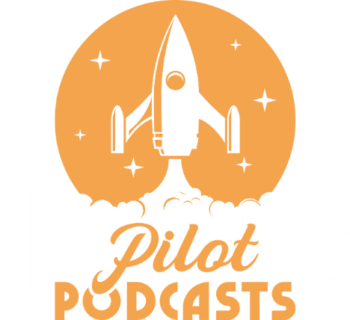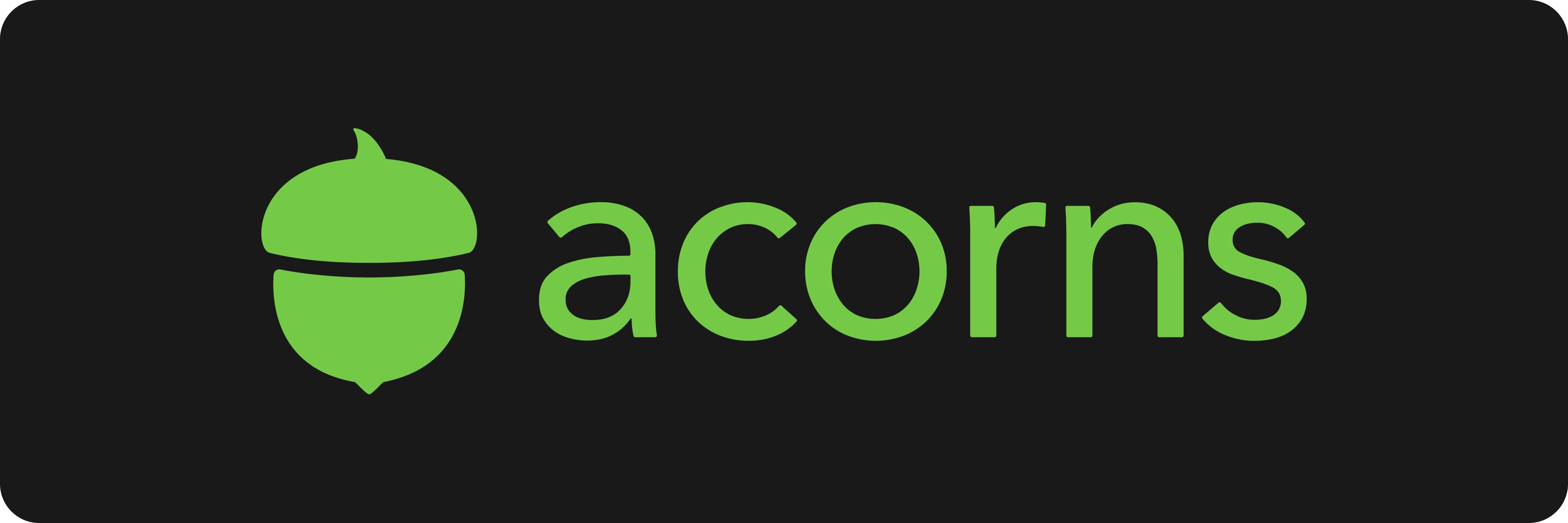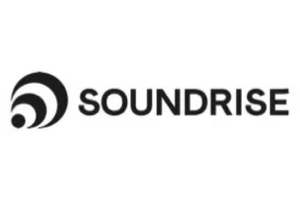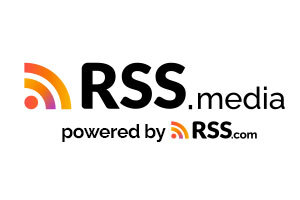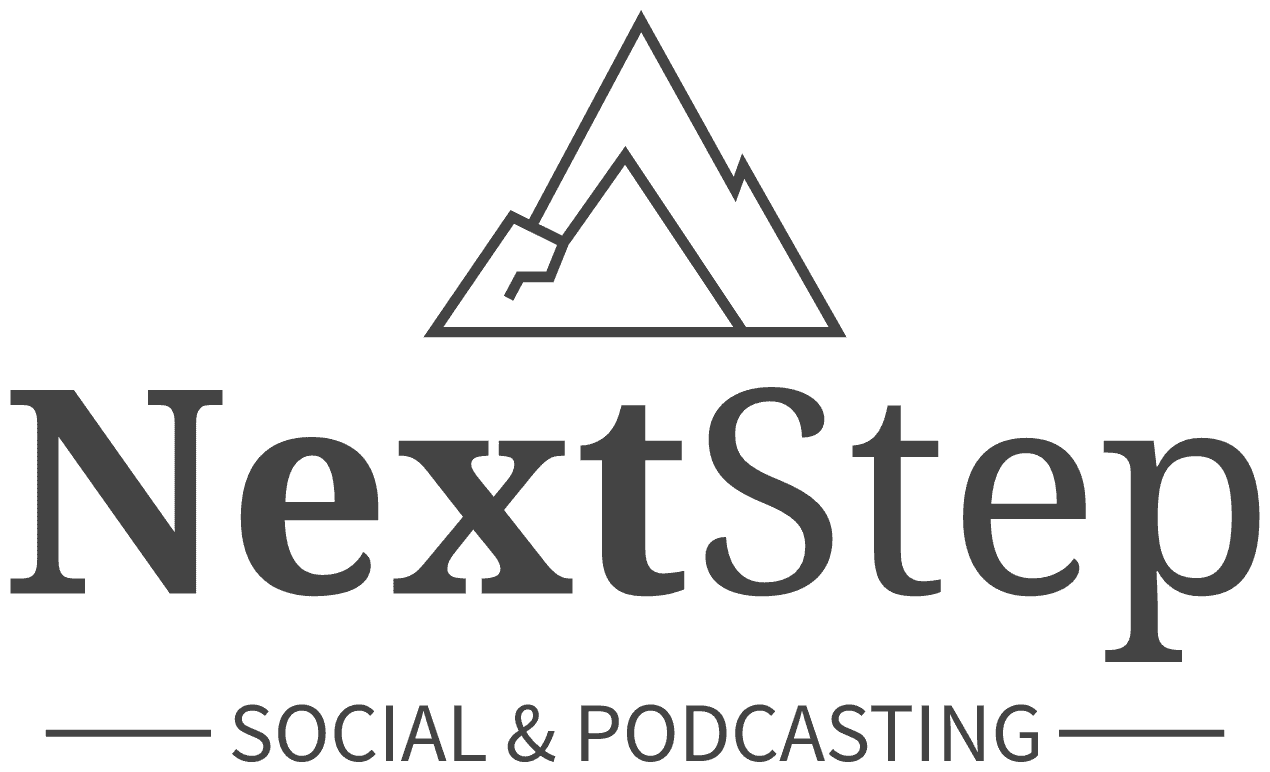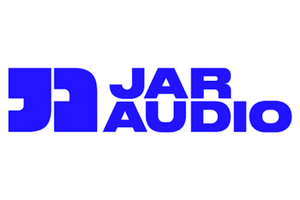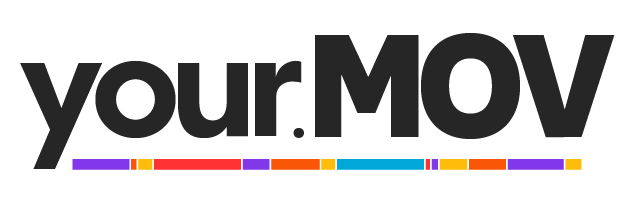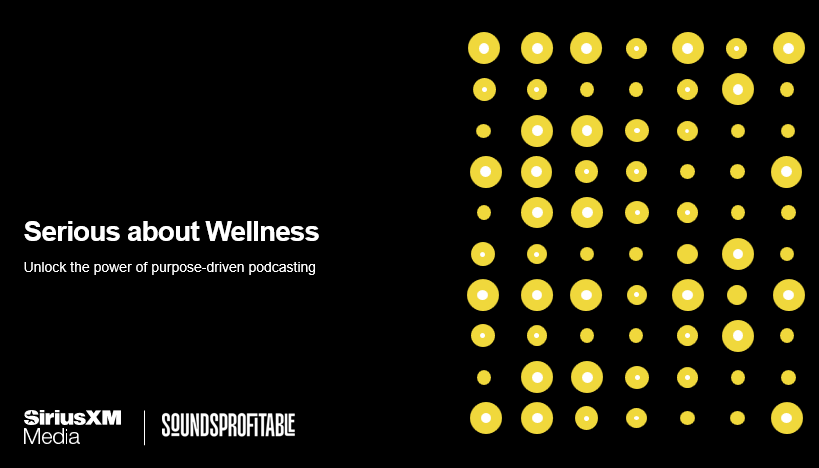Sounds Profitable exists thanks to the continued support of our amazing partners. Monthly consulting, free tickets to our quarterly events, partner-only webinars, and access to our 500+ person slack channel are all benefits of partnering Sounds Profitable.
Disctopia has been helping thousands of podcasters host their shows and experience a beautiful podcasting experience since 2020 by offering the most features than any other platform.
Ausha is a powerful, all-in-one podcast marketing platform with all the tools a podcaster needs to launch and grow their show: hosting and distributing, promoting and monetizing
Want to learn more about partnership? Hit reply or send us an email!
Over the past month, I’ve spent a lot of time digging into one specific topic: transparency. I’d love to say I did this by choice, but the truth is, Ashley Carman’s Bloomberg article, Podcasters Are Buying Millions of Listeners Through Mobile-Game Ads, is what set me on this course.
I highly recommend both reading the article and following Ashley’s work, but to catch everyone up to speed: “Bloomberg found multiple publishers using the game [Subway Surfers] to rack up podcast downloads, including the New York Post, independent podcaster Scott Savlov and IHeartMedia Inc.”
Today, I want to break this whole debacle down Sounds Profitable style. I want to focus a bit on the parties involved, the damage done, and the actual scope of the issue. While this whole thing sucks out loud (especially during a recession), for a primarily advertising-driven industry, we could absolutely use some perspective.
What Happened
In the popular mobile game Subway Surfers, when you run out of lives, you have the opportunity to earn more by receiving ads. Some are videos, others are images, and in this specific situation: a mostly empty webpage with a podcast player progressively downloading and playing an episode.
That style of ad placement is called Rewarded Inventory, and as Rocky Moss, CEO of the ad-fraud research company DeepSee notes, is often disclosed between the inventory source (Subway Surfers) and the agency purchasing the inventory (Jun Group). And Jun Group isn’t subtle at all about this being a major part of their entire strategy for the last nine years. The transparency in this part of the flow is entirely above board. Those podcast publishers knew exactly what they were buying.
In Ryan Barwick’s excellent coverage of the topic from August 2022 in Marketing Brew, Moss chimes in “Since when is an ad allowed to have an ad in it lol.” And that’s the next part of this chain:“…no one likely anticipated publishers shoving entire articles into these ads.”
In a video published by DeepSee showing the experience of one Subway Surfers ad impression, you can see two iHeart podcast episodes automatically load and play, each with a 10 second timer. These are, in fact, downloads, because podcasts aren’t streamed, they’re progressively downloaded, even in web players. Discounting 3 seconds for the page itself to load and providing just 7 seconds to cache the episode likely downloaded around 5 minutes of both podcast episodes for the low, low price of $27.
And this is where the problem truly begins.
Both of these “ads” in Subway Surfers count as a certified download according to the most recent specifications from the IAB, as 60 seconds or more of the podcast’s audio were downloaded. And each of these episodes have a preroll break with three ads within the first 5 minutes of the episode, counting for 6 total IAB Ad Impressions even if the user didn’t even finish the first ad in each episode. This calculation doesn’t even take into account the possibility of the download reaching the midroll position of the podcast, which (though unlikely) is also possible.. At anything more than $4.50 CPM for those ads, the podcast publisher not only benefits from the increased downloads, but covers all costs. With industry averages closer to $25 than $4.50, not only did this increase their standing in Podtrac’s ranker, but heavily suggests that this was a profitable endeavor overall.
Advertisers purchased inventory in these podcasts, likely based on targeting offers by publishers like iHeart, that sold the specific audience listening to the podcasts. And while the granularity of app-based targeting may enable Subway Surfers to display these episodes to the demographics iHeart is selling, I would be incredibly surprised to hear that those advertisers understood that they would have their ads downloaded within rewarded inventory and unlikely to be heard at all. And while I do agree that creative strategies are needed to promote a podcast and gain new listeners, if that were truly the intent, then the first 10 seconds of audio wouldn’t be 1/3rd of the first of three ads, but an incredibly compelling piece of content to convince you to listen more or click out.
So, how do we fix this?
Doing More With What We Have
Where a podcast is played has to matter.
Publishers and advertisers alike need to review their performance and fully understand by source, whether that source is app, web, or “unknown,” what is and isn’t working for them. But the key thing here is that information has to be readily available. All of that data is already collected in raw form, as user agent is one of a very small number of data points that is passed on with every download request.
But it’s time for hosting platforms and the IAB to adopt a central database to identify podcast players, as we’ve seen from OPAWG and PRX, both freely available today. These databases identify as many user agents as possible, with the goal of reducing “unknown” podcast players through collaboration and frequent updates. Many podcast players already submit their useragent to these directories, for better visibility and transparency, since they know the value of being a clear percentage of listenership for a podcast.
Ad inventory already seems to have a hierarchy in value, with content released in the last 30-90 days outweighing full catalog and back catalog. It might just be time now to further define inventory by the player: app, web, and unknown, just like mobile advertising divides it between iOS/Android, web, and unknown. And maybe, just maybe (see also: definitely), we shouldn’t be selling ads in inventory where we can’t identify the player.
Hosting platforms and third-party rankers need to adopt this first, to enable the reporting and ad targeting to avoid this inventory, and to further dissuade against vanity metrics. Even after Ashley Carman exposed this issue in September, Podtrac chose to still include iHeart as #1 in their ranker, citing that the downloads were “consistent with the latest IAB guidelines”. It’s hard to believe that iHeart would have spent more than $10 million to gain approximately 6 million unique listeners per month through these ads since 2018 if inventory filtering were a requirement of the IAB guideline and the advertisers were given the opportunity not to buy ads in those downloads. Removing 6 million uniques from iHeart’s ranking in Podtrac halves their lead on Wondery, which I think we can all agree would be a “material difference”.
Simply put, if advertisers are given the opportunity to avoid running ads in unknown inventory, and our core metrics devalue both unknown and rewarded sources, then loopholes like this will no longer be lucrative. There are always exceptions to the rule, and this doesn’t solve everything, but it makes a massive difference when all parties know fully where the download occurred in detail.
Asking For More
It’s important to emphasize that when metrics change in methodology, it doesn’t mean behavior changed. And our next step forward will be as painful if not more-so than switching from IAB v1 to v2: Listener Metrics, which will make audience data from Edison Research, Signal Hill Insights, and (yes) Sounds Profitable even more valuable in the future.
Advertiser interest in podcasting creates pressure on publishers, who need to turn to their hosting providers and the podcast players to receive the tools they need. We’ve done a terrible job of defending the download, our core metric, and have previously failed to get unified metrics from podcast players directly. But it’s clear that we are reaching a breaking point of confidence in the download.
There needs to be a set of metrics adopted industry-wide between all podcast players and all hosting platforms. This isn’t suggesting a 1:1 match between IP level downloads and listener metrics even in the slightest, nor is it pushing for real-time listener data or ad delivery metrics like we saw with RAD in the past (which truly was just a few years too early). But it is time to elevate the podcast players that make our content accessible, highlight the value they bring and why advertisers should find our inventory run in their environments desirable, all while rallying around clear and defined listening metrics agreed on between all players, hosting platforms, and third-party solutions.
A clear handshake between the podcast players and the hosting platforms has been long overdue, but now is the time to move forward on this. You can bet that Sounds Profitable will be reaching out to hosting platforms, publishers, and podcast players during this quarter to collaborate on how we can best bring things forward.
Market Insights with Magellan AI
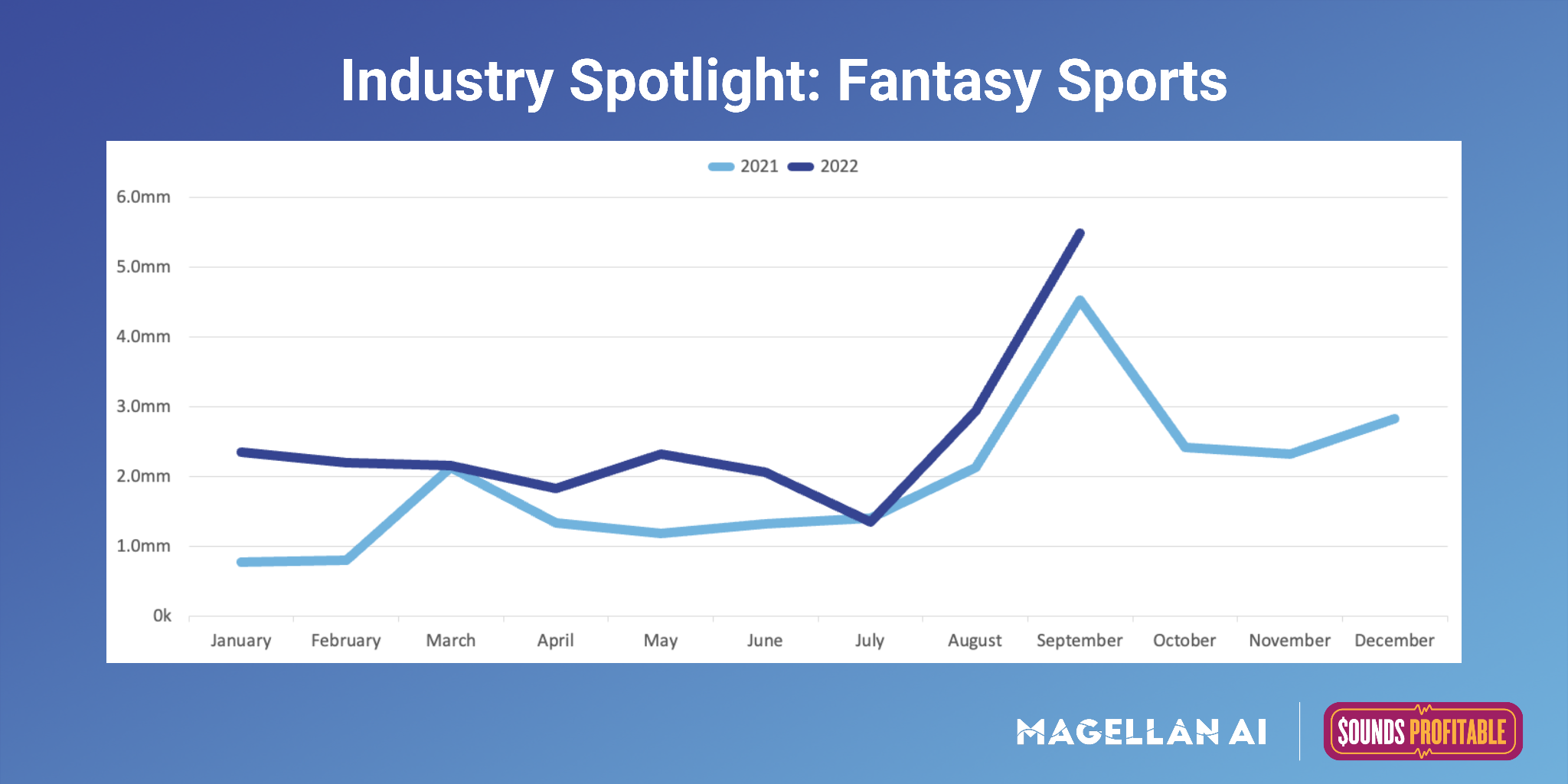
This week we are highlighting the Fantasy Sports industry which had its biggest month ever as of September 2022. Advertisers in the industry spent over $5.4mm in September, with the kick-off of the NFL season being the main driver of all this activity.
Last month the Fantasy Sports industry increased spend by 89% month-over-month, an increase of over $2.5mm. Unsurprisingly most of this spending was allocated on Sports and Football podcasts, though we did pick up some activity in the Comedy and Society & Culture genres as well.
Interested in more insights like this? Sign up to join the 15-minute monthly market update
Anatomy of an Ad with ThoughtLeaders

Sponsoring brand: Hiya Health
Where we caught the ad: Busy Philipps is Doing Her Best
Who else has sponsored this podcast? Sakara, Blueland, Athletic Greens, Helix Sleep
Where else has this brand appeared? The Mom Voice, Green Eggs & Dan, The Art of Being Well, The Modern Mamas Podcast
Why it works: This is the most ‘natural’ sounding ad-read we’ve heard in a while. The hosts of the podcast lead into the ad-read by making a personal connection – the host was sick and she made sure her children took vitamins to stay healthy. Then, throughout the rest of the ad-read, the hosts share all the product information in a down-to-earth, casual manner, which not only fits with the rest of the podcast content but, makes the sponsorship sound much less promotional.
New Partners
This week on the Sounds Profitable Deep Dive, Bryan Barletta is joined by Pete Jimison, CEO of Frequency, to discuss the benefits of 3rd party VAST serving audio creative using the Frequency Creative Manager and its campaign management tools.








